“This song is for the parched masses: endangered creatures who have no voice and human beings with deserts in their throats.”
Visit John Pitney’s website for more of his music and to purchase one of his three CDs. Words & Music by John PitneyWater Song
reflections on psalm 104[wpcol_1half id=”” class=”” style=””]
Listen to John Pitney’s “Water Song”:[/wpcol_1half] [wpcol_1half_end id=”” class=”” style=””][audio:https://justiceunbound.org/wp-content/uploads/2012/12/01-Water-Song.mp3][/wpcol_1half_end]
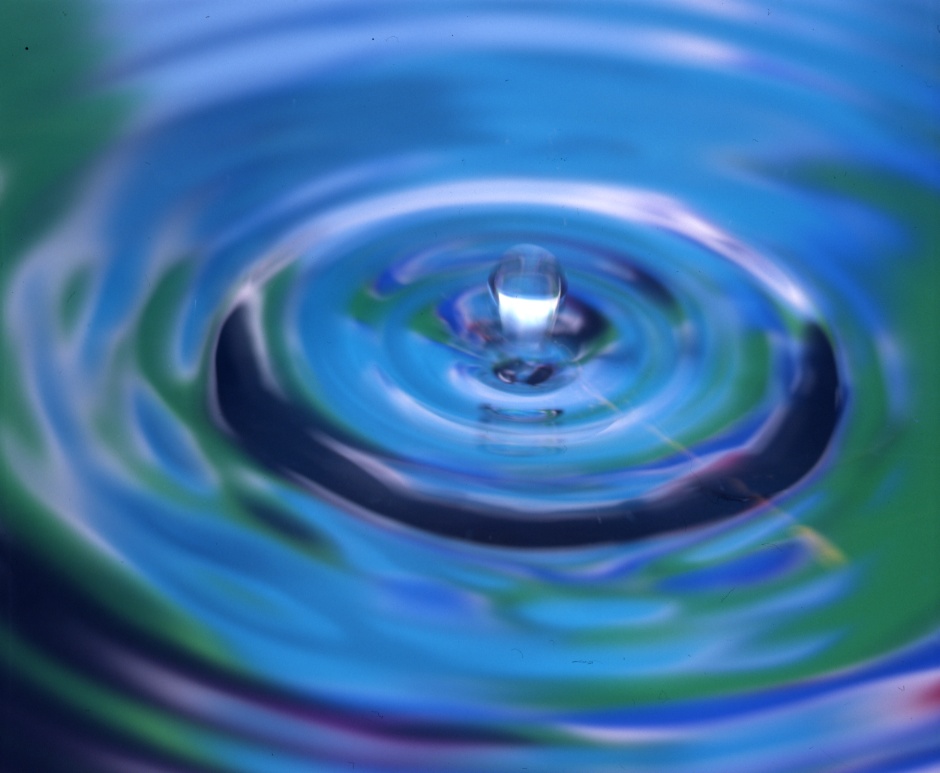 The Story Behind the Song
The Story Behind the Song
I created this song for the national Presbyterians for Earth Care conference in the Rockies last summer (“Too Big To Fail?”). At the direction of theologian Bill Brown, we were drawing our liturgical life for the week from Psalm 104. Actress-dancer-prophet Tevyn East and I were asked to take the water references in the psalm and create morning worship, which we led one wondrous morning as the turning of the earth made the sun appear from beneath the plains to illumine the watersheds of the majestic Rockies to the rear of our open-sky sanctuary.
In biblical truth and physical reality, we are water, beginning to end to beginning. In one creation story it all begins with Wind-Spirit moving on the waters; in the other, the theologs tell us, the breath that enlivens humanity from our source in humus is a moistened aspiration. Is it any wonder the ancients knew earth was satisfied (v. 13)?
Songs emerge from mystery and the collaboration of community. As Tevyn and I, strangers at the time, e-talked and planned worship across the miles, she asked me to consider changing my original lyrics. At the time, the final chorus line was “Earth is satisfied, Earth is satisfied.” Given the status of water in our world, she was asking, is that line really true? Witness the Cochabamba campesino, rising in protest at the privatization of their Bolivian waters so that they, living on the margins, would now be forced to pay for what is Earth’s gift. Witness the greed of lawns and golf courses, the weeping of Himalayan glaciers and the thirsting of Bangledeshi masses downstream. Witness the dry bed of the mighty Yangtze and Somali mothers raped and murdered on their way home from the well, carrying a precious few drops for their babies. Witness the lyrical change for yourselves.
This song is for the parched masses: endangered creatures who have no voice and human beings with deserts in their throats. And it is for those who speak for them. Orthodox priests and their Alaska Native congregants carve crosses in the ice of Bristol bay and say mass for the salmon. Google it and learn. Bill McKibben and friends of the 350 movement are arrested in D.C. in protest of tarsand exploits. The U.N. tries to make watercourse treaties with no teeth, bound only by conscience. Gathered with the PEC in Colorado was our friend Carolyn Raffensperger, director of the Science and Environmental Health Network, who reminded us it’s not enough to project our caring seven generations to the future. The half-life of the nuclear waste we would hide in the salt mines beneath the desert Southwest would suggest it will take 10,000 generations for us to really care.
Last summer, backlit by the setting sun sinking behind the Pacific, my wife Debbie and I witnessed a humpback whale breaching. As we watched her elegant, gargantuan body flee the deep not once, but again and again, each time body-slamming the watery surface of Earth with seeming delight, I thought, “This is ‘Leviathan at play (vs. 26).’” It will forever remind me that one of the fundamental yearnings of Earth is to rejoice! So what will our vocations be? How will we live? Will earth be satisfied?
My partners in this song are Chelsea Young with her haunting voice parts and Keenan Hansen with his wicked bass! Thanks friends.
Water Song
 View and Print the song with chords as PDF.
View and Print the song with chords as PDF.
REFRAIN:
Bless the Lord, O my soul! Rainclouds rumble and rivers roll
Springs gush down to the ocean wide, drink for the thirsty land provide
Earth be satisfied. Oh, will Earth be satisfied?
That’s how life began: spirit movin’ over the waters!
Creatures swarmed and swam overflowing the ground,
Then Creator blew a breath, baptized with the dew:
Breath of life received and humanity breathed,
Me and you, born of water.
When we wash our face, irrigate the crops, do laundry,
The quandary of God’s grace is how we will share:
Leviathan at play, the skinny-dippers in the lake,
Manufacturing, making power from a stream,
These all have stake in the water.
Yangtze running dry, Himalaya glaciers waning,
Somali women die walking home from the well.
Dam, divert, lay claim, pollute it,
Privatize, pass blame, dispute it,
Frack & hydrolize, San Joaquin to Darfur,
We are at war over water!
Another dewless dawn, peasant mothers go for water.
Salmon great with spawn, awaiting our choice.
Up in Bristol Bay, Orthodox Christians pray,
Speaking for the voiceless lending their voice,
Speaking up for:
The Cochabamba campesino, the Islander who fears El Nino,
Walrus babies treading water, Penguin’s unborn sons and daughters,
Will we see the need or will we live from our greed?
Songbirds on the river nesting, Tar Sand protestors protesting,
United Nations best intentions to sign those Watercourse Conventions,
For the next 10,000 generations, will we find some new vocations?
How will we eat? How will we shower? Water our lawns? Generate power?
What are we willing to give? The Planet longs to rejoice!
How will we live?
___________________________________
That’s My Farmer
Celebrating Community Supported Agriculture[wpcol_1half id=”” class=”” style=””]
Listen to John Pitney’s “That’s My Farmer”:[/wpcol_1half] [wpcol_1half_end id=”” class=”” style=””][audio:https://justiceunbound.org/wp-content/uploads/2012/12/1-02-Thats-My-Farmer.mp3][/wpcol_1half_end]
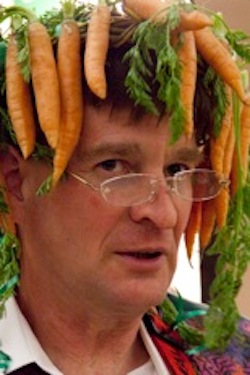 The Story Behind the Song
The Story Behind the Song
250 people? Why do they come? The fabulous door prizes promised?: $200 off a CSA share, a flat of blueberries, a fresh warm berry pie? Or maybe we’re fed up with food earning frequent flyer miles and dollars going to faceless supermarket and processor corporations, never getting to the folks who do the work. Maybe we’re tired of being orphaned from our food, never knowing its source or parentage. Think of being able to point across the room and shout, so everyone can hear, “Hey, That’s My Farmer!” It’s like coming home. As a theme song, it is perfect for the That’s My Farmer gala our church sponsors with a dozen other congregations every spring. People from all over Eugene and the surrounding area gather to meet the farmers of 13 local farms who practice Community Supported Agriculture or CSA. CSA is putting a neighborly face back on our food. People buy directly from local farmers. Households pay up front. This means we share the risk of the season with the farm families, while giving them much needed cash flow. In return, families receive a box of fresh fruits and vegetables each week (May to October)…even meat and eggs. It’s the greatest produce on God’s Earth and you get to know a farmer!!! That’s My Farmer is faith communities getting involved in food system justice.
At the gala, we say “thank you!” to some of the farmers who grow our food. How often do we get to do that? Each farm has a display table. We sing songs, draw for door prizes. We have fun. We ask the farmers questions: “What keeps you going against the odds? How has your approach to farming changed since September 11? How do you experience the Sacred in your farming?” We show pictures of their farms on a big screen while they speak. Their responses are engaging, thoughtful. It’s alot like holy communion. It’s the way breaking bread is s’posed to be. From ticket sales we make $1500 to subsidize the price of CSA boxes for our low income neighbors. Our goal is 500 households among the faith communities joining CSAs. At our church (1st United Methodist of Eugene), 50-60 families join farms each season.
At the end of the evening, we always gather all the farmers and their families in front of the hall for a group picture. One spring, as this was happening, one of our committee came to me beaming, teary and all choked up. She said, “Seeing those farmers up there with their arms around each other, in cooperation not competition: that was a real spiritual moment for me!” Don’t you love it when spirit and economy meet? This is Gardenkeeping at its best. CSA really rocks!
 View and Print the lyrics and song background as PDF.
View and Print the lyrics and song background as PDF.
___________________________________
It Is Very Good
A Northern Creation[wpcol_1half id=”” class=”” style=””]
Listen to John Pitney’s “It Is Very Good”:[/wpcol_1half] [wpcol_1half_end id=”” class=”” style=””][audio:https://justiceunbound.org/wp-content/uploads/2012/12/2-07-It-Is-Very-Good.mp3][/wpcol_1half_end]
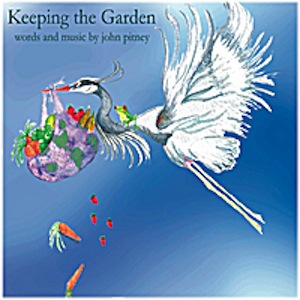 The Story Behind the Song
The Story Behind the Song
In 1853, my clan came from Missouri on the Oregon Trail, in a wave of invasion and pilgrimage. By a shallow sovereignty they claimed inhabited land. The Kalapuyans had been there for centuries. Like the Athabascan, Navaho, Nez Perce, Anasazi and Cree in other gardens, their dominion was serving and keeping, their God a spirit moving across the waters, in all. Their tribal clan was “all my relations.” They knew they were guests here. Our people have struggled with these notions of dominion and community. The first few notes of this song came to me with the words, “When the Earth lay without form and dark was the face of the deep.” I was a guest of Fred Kirschenmann and Carolyn Raffensperger’s in North Dakota at the time. Sitting in their furnace room in deep winter, the song began and I cried. I don’t know why, but it touches me still. It was months before any more music or words would come. When I finally wrote the final verse I was spent: “Now the earth was Sabbath, all was rest. Sap migrating, hibernating bees and even humans stopped their quest: greed abating accumulating ceased.” I believe in that time. Every time I sing these words I choke. I long for Sabbath. I long for the day when the divine words of the first Creation story in Genesis become imprinted in our cultural genetic code: “It is very good!” I want you to long for that day, invest in it, teach it. If these songs move you to awaken and act, my time as a guest in this realm may amount to something.
 View and Print the lyrics and song background as PDF.
View and Print the lyrics and song background as PDF.
John Pitney is Associate Pastor at First United Methodist Church of Eugene, Oregon, where his wife Debbie is lead pastor. In 2000, he founded Interfaith That’s My Farmer, an effort of 15 Eugene faith communities linking with 13 local farms that practice Community Supported Agriculture. In his local church he helped initiate a ministry called “Riparian Redeemers” through which the congregation has adopted a suburban wetland. Since 1987, John has composed about 50 songs, integrating in music and lyrics issues of food security, social and environmental justice with faith images from the Jewish and Christian traditions. He has recorded 3 CDs of original songs, the latest of which is titled “Keeping the Garden.” John and Debbie Pitney have two adult children, a son Joel and a daughter Erin.

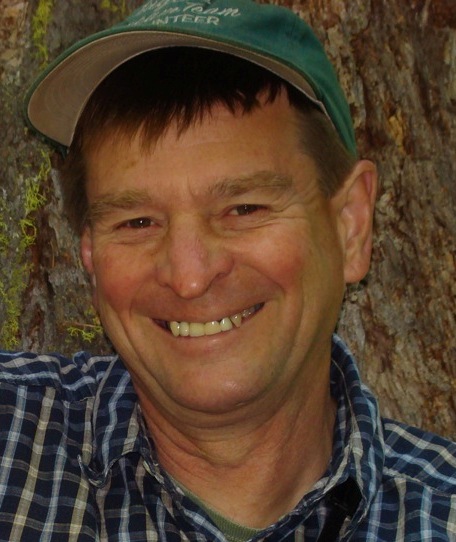

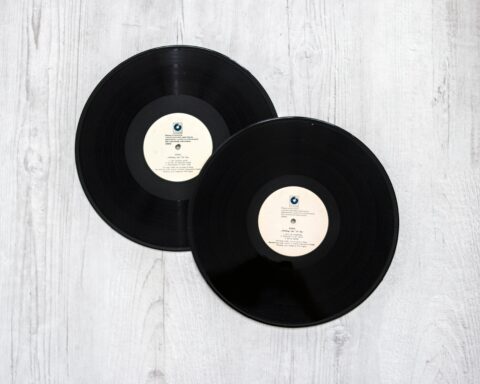
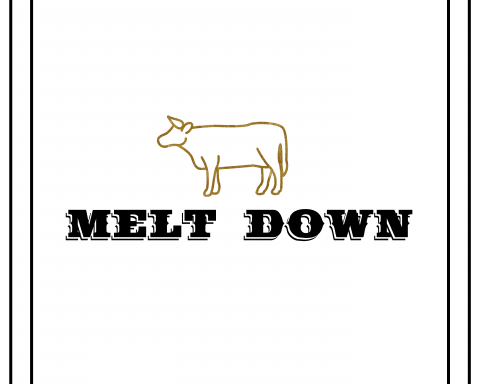
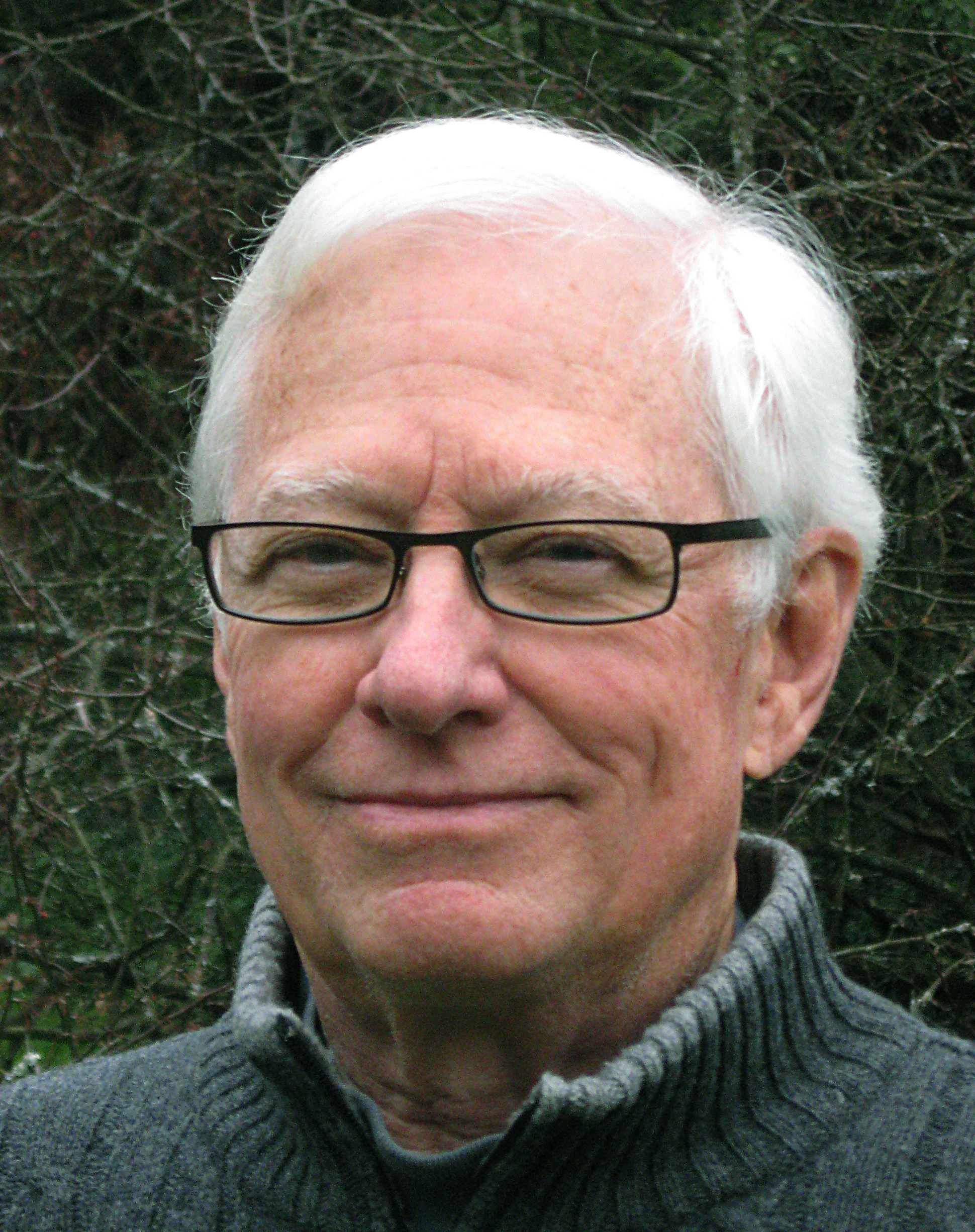

Unbound Social